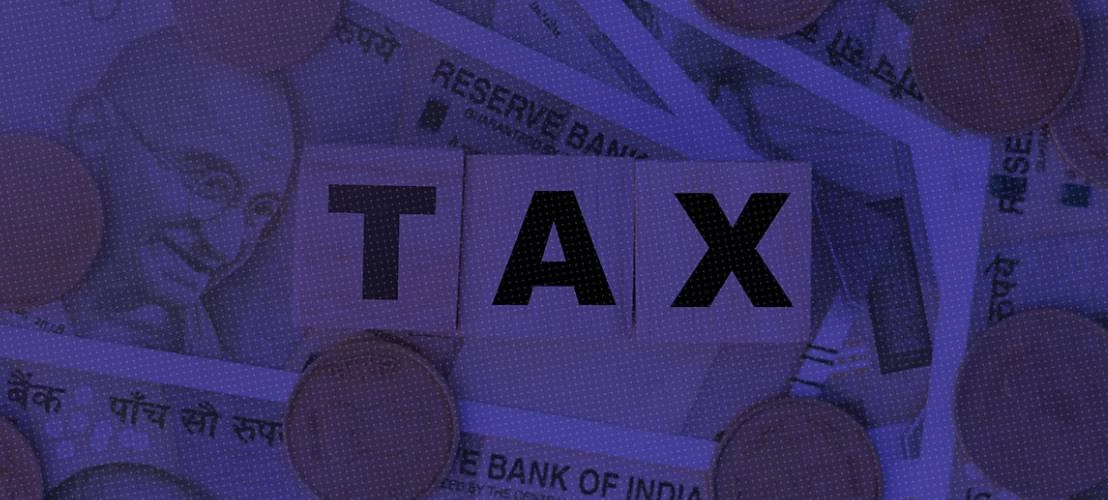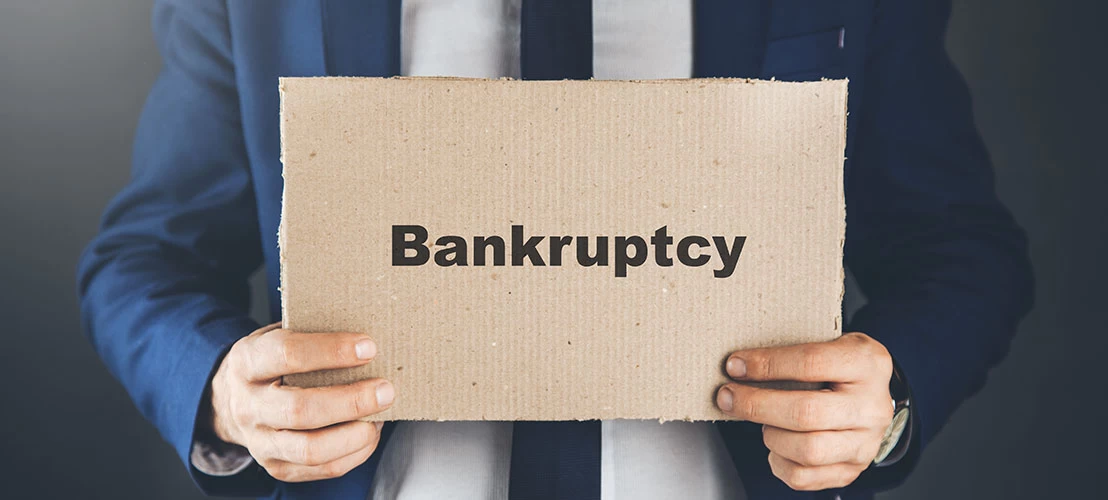Conference Call - Insolvency and Bankruptcy
This is in succession to our previous con-call held on August 9, 2019. The Supreme Court in its judgment of Committee of Creditors of Essar Steel India Limited v. Satish Kumar Gupta dated November 14, 2019 (“Judgment”) has set aside the decision of the National Company Law Appellate Tribunal (“NCLAT”).
Date & Time
28
Nov 2019 | 5:00 PM - 6:00 PM
The Insolvency and Bankruptcy Code (Amendment) Act, 2019 was passed as a direct reaction to the judgment of the NCLAT. The decision of the Supreme Court inter alia considers the constitutional validity of the Amendment Act and reiterates the role and supremacy of the Committee of Creditors (“CoC”).
The three key elements of the Supreme Court’s ruling decide (i) the classification of operational creditors viz. financial creditors; and secured financial creditors viz. unsecured financial creditor; (ii) whether the past practice of the adjudicating authority and NCLAT of modifying and amending the resolution plans is permissible; and (iii) whether the maximum period of 330 days for completion of corporate insolvency resolution process is mandatory.
Lakshmikumaran & Sridharan (L&S), in its endeavor to keep all its clients updated, is organizing a conference call to discuss the impact and resultant consequences of the Supreme Court’s judgment on financial and operational creditors, the extent of commercial decision-making power of the CoC and other related issues.
Speakers
- Ms. Charanya Lakshmikumaran, Partner, L&S Attorneys







